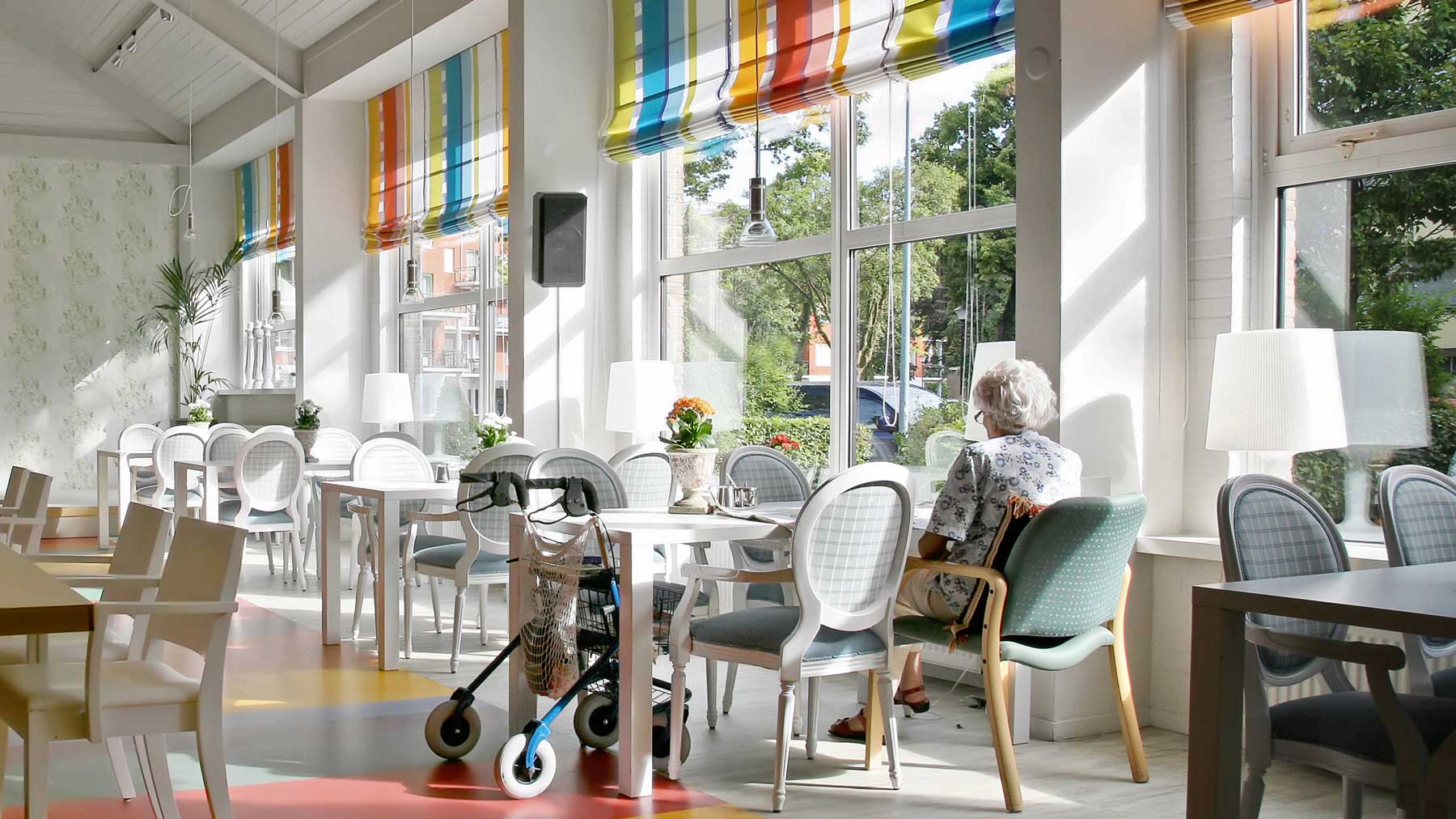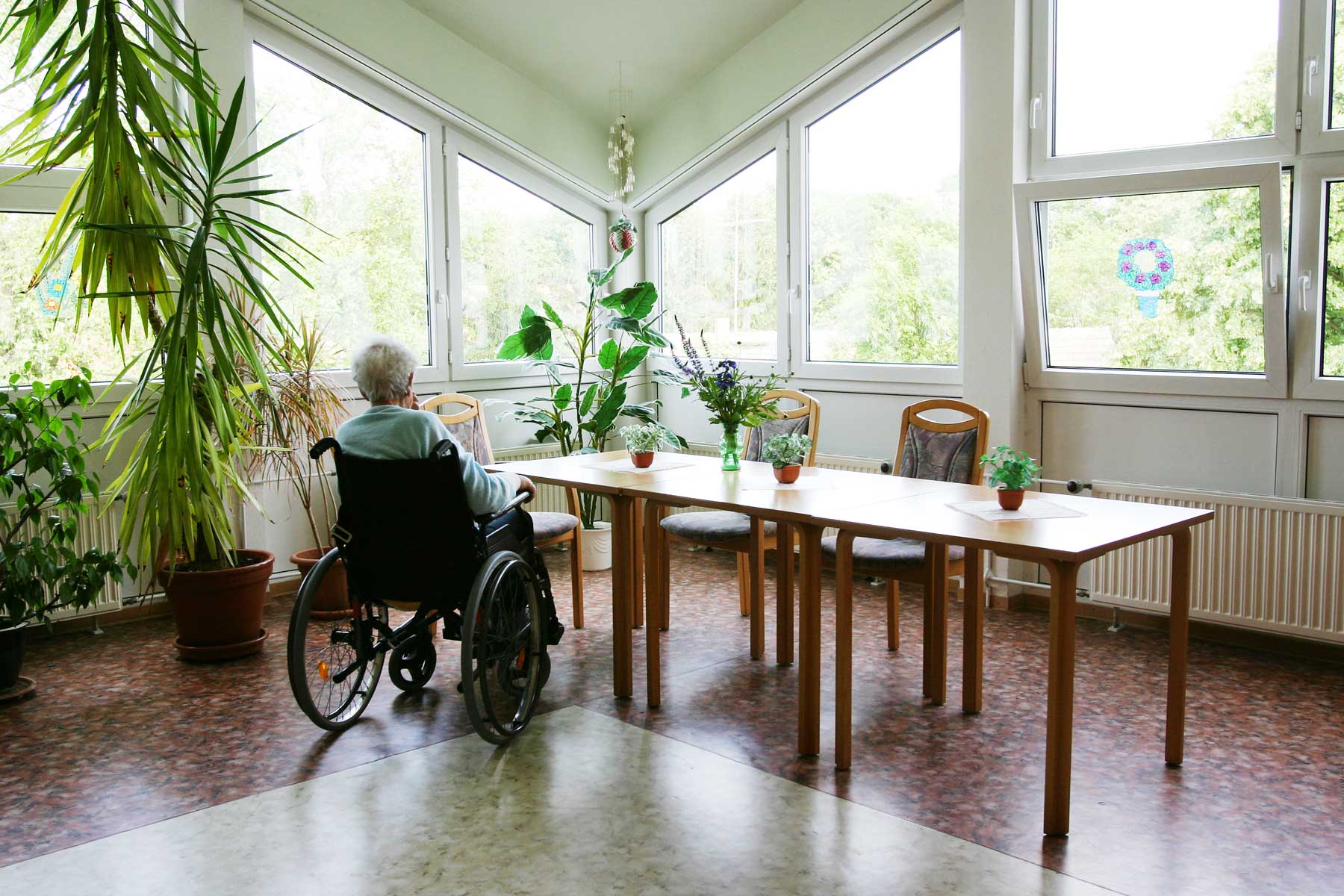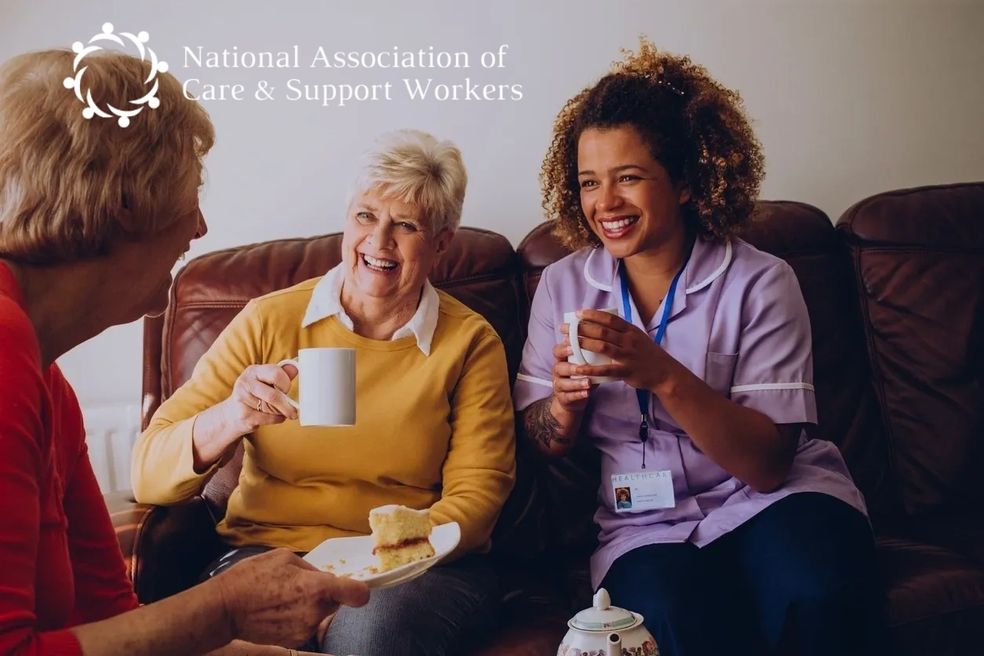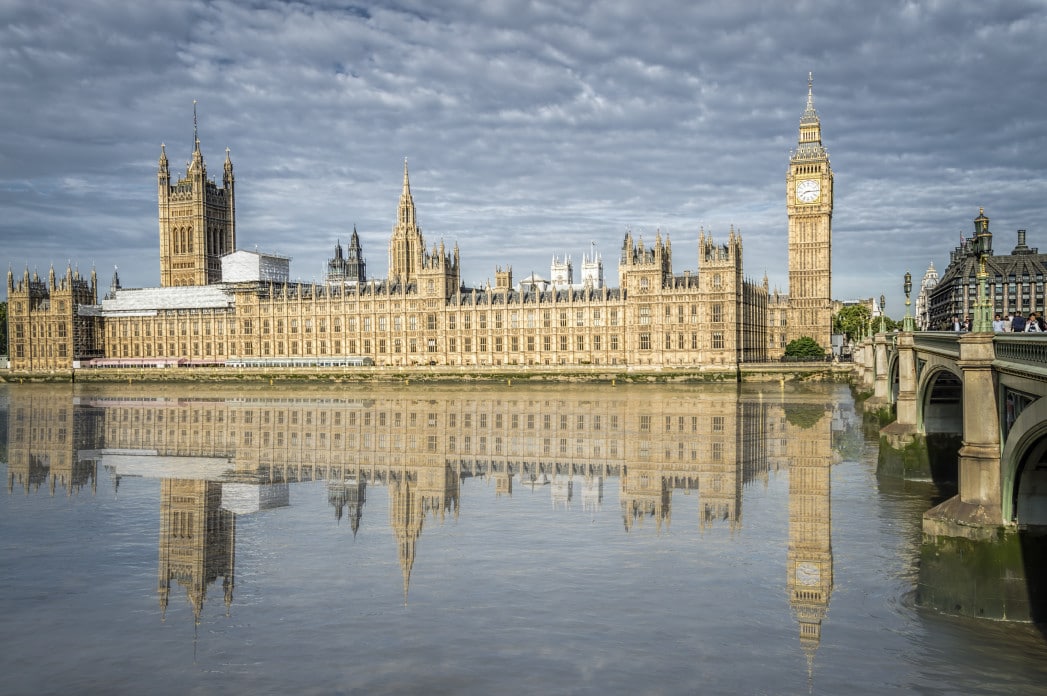Sarah Calkin /
September 2021
Recovering your Care Home’s occupancy levels post pandemic.

Care homes fear they may not return to their pre-Covid-19 occupancy levels until as late as 2028, LGC has learned, as the row continues over who should bail out the struggling market.
The high number of coronavirus deaths among residents and the reluctance of families to place elderly relatives in care homes during the pandemic, means many now have high levels of vacancies and are struggling to cover their costs.
A letter from the MHA care home chain last month to councils with which it has contracts warns that its occupancy rate has fallen from around 91% prior to the pandemic to 81% and is forecast to fall further to 71% by July. This will cost the chain £40m in income over the course of the year.
The letter, from the charity’s director of finance Victoria Parkinson, says an analysis by Knight Frank and Carterwood on behalf of Care England estimates that significant occupancy rate reduction will continue until between 2023 and 2028.
“Enquiries and admissions have contracted significantly and have tended to be local authority/clinical commission group based, with self-funders only admitting on a distress basis,” Ms Parkinson writes.
Each letter included an invoice setting out the cost pressures the chain feels councils should pay using the £600m infection control fund, which Ms Parkinson says is not being paid out as intended by the government.
Martin Green, chief executive of Care England, told LGC a range of factors was likely to impact on occupancy rates for a long period, not least the economic slump which could leave people reluctant to sell homes to pay for care, hitting council budgets.
As LGC reported yesterday, a separate analysis for the Local Government Association forecast care homes were set to lose almost £0.5bn in revenue this year as a result of the pandemic, although most of this was found to be due to a likely reduction in placements funded privately or by the NHS.
One finance director told LGC their borough had seen a 10% reduction in beds currently in use. “We can’t just take the saving from that because then many of those homes may go completely bust and we’ll not have enough capacity at a future stage.”
“We have sympathy for those businesses, but we do not believe that it is appropriate for local authorities to support such private businesses…
“If the government wants to support those businesses, we suggest that this is something they should do directly with the businesses concerned as part of their overall strategy for supporting businesses.”
If you would like to chat with one of our consultants, then why not book a meeting now.
We look forward to hearing from you!
Book your meeting now














